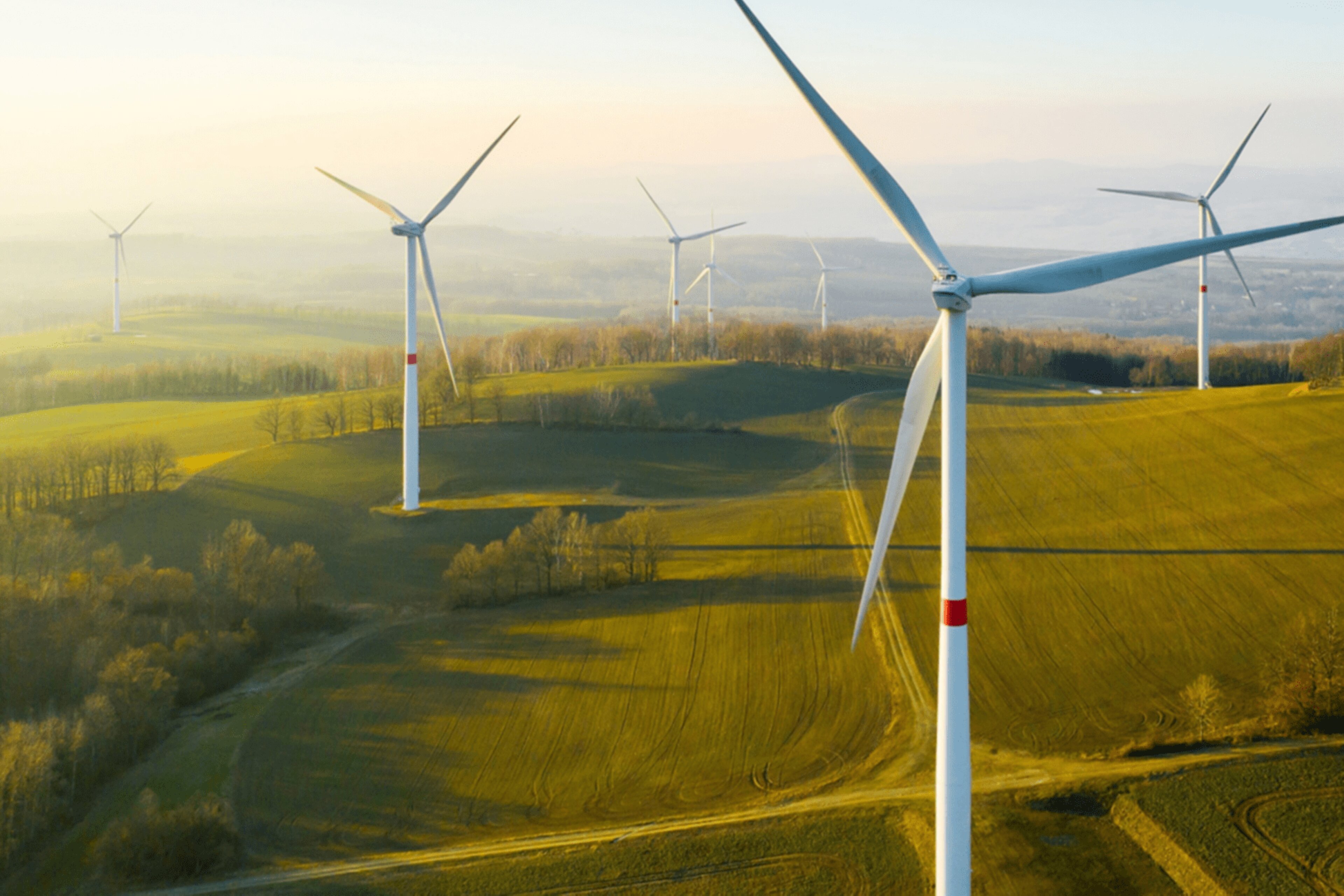EY refers to the global organization, and may refer to one or more, of the member firms of Ernst & Young Global Limited, each of which is a separate legal entity. Ernst & Young Global Limited, a UK company limited by guarantee, does not provide services to clients.

The intricate interplay of business and policy factors may bolster the competitiveness of renewable energy manufacturing over the coming decade.
In brief
- India's renewable energy sector boasts over US$240 billion in investment potential, solidifying its global leadership in innovation and manufacturing.
- India anticipates substantial growth in solar PV and ACC battery investments for its sustainable energy future.
- India's self-reliance in renewables tech thrives on low-cost financing, skilled workers, and round-the-clock affordable electricity, bolstered by export incentives.
Exploring India's energy transition investment opportunities reveals a promising outlook for the country. According to a recent report titled "Global champions for advancing renewable energy innovation and manufacturing," India is poised to assert itself as a global leader in renewable energy innovation and manufacturing. This comprehensive analysis, conducted jointly by EY and CII, delves into various facets of business and policy support, offering the potential to significantly enhance the competitiveness and manufacturing of renewable energy in India over the next decade.
At the 4th International Conference & Exhibition on Clean Energy, the Energy Transition Investment Monitor, developed by EY, was launched. This tool provides essential support for global investors in identifying and tracking investment opportunities throughout the journey from concept to commissioning. Moreover, India is positioned to attract substantial investments in the renewable energy sector , especially in :
- Solar PV Manufacturing Projects: The pipeline of solar PV manufacturing projects, which includes announcements, permitting, and projects under construction, is set to draw approximately US$15.5 billion in investments.
- Advanced Chemistry Cell Battery Manufacturing Projects: India's initiatives in advanced chemistry cell battery manufacturing are expected to generate investments totaling approximately US$2.7 billion.
- Supply Chain Resilience: The report underscores the importance of planning large-scale investments and securing raw materials, enabling Indian players to establish globally competitive electrolyzer manufacturing facilities.
With a total pipeline exceeding US$240 billion, India has the potential to play a pivotal role in enhancing global supply-chain resilience for renewable energy technologies and critical components.
India has been positioning itself as a global champion in renewable energy services, trade, innovation, and manufacturing in recent years. However, realizing its full potential requires addressing challenges related to affordability, domestic value addition, competitiveness, renewable energy policies, regulatory environments, and infrastructure development.
The advancement of India's transition to renewable energy is underscored by various policy measures. These encompass:
Harmonized adoption of Green Energy Open Access Regulations: This not only enables easier access to clean energy sources but also streamlines the process for industries and commercial enterprises to connect to renewable energy grids, thus facilitating a smoother transition to renewable energy sources.
Long-term predictability regarding Open Access Charges: Stability in pricing creates a conducive environment for businesses and investors, ensuring they can plan their energy budgets with confidence, which is crucial for long-term sustainability.
Effective enforcement of Renewable Purchase Obligations (RPO) and Energy Storage Obligations (ESO): These obligations make it mandatory for power distribution companies to procure a certain percentage of their energy from renewable sources and invest in energy storage solutions. The strict enforcement of these obligations has not only bolstered the demand for renewable energy but has also accelerated the development and adoption of energy storage technologies, which are essential for the reliability and scalability of renewable energy sources.
India's transition to renewable energy presents a unique opportunity to lead in innovation and manufacturing. India's role in global renewable energy, through the development of local manufacturing capabilities can reduce reliance on imports and enhance supply chain resilience, thereby making renewable energy technologies more accessible globally.
Download the full pdf
Summary
India must address affordability, policy inconsistency and infrastructure gaps. Enforcing green energy open access rules and compliance with RPO and ESO is crucial. Local manufacturing can enhance supply chain resilience, reduce imports, and position India as a global leader in renewable energy innovation and manufacturing.
Related articles
Unleashing India's renewable energy potential: a global manufacturing hub
The EY-CII report explores interplay of business & policy factors to enhance competitiveness of renewable energy manufacturing in India over the next decade.



